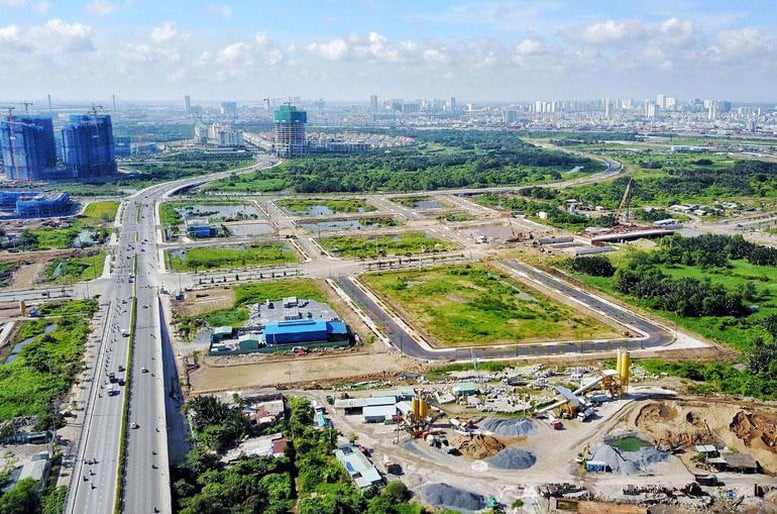
The Ministry of Agriculture and Environment is presiding over the review, synthesis, and development of a draft Law amending and supplementing a number of articles of the 2024 Land Law.
On August 8, in Hanoi, the Ministry of Agriculture and Environment held a conference to collect opinions from ministries, branches, and provinces and cities in the Northern region on the draft Law amending and supplementing a number of articles of the Land Law. Deputy Minister Le Minh Ngan chaired the conference.
Speaking at the opening of the Conference, Deputy Minister Le Minh Ngan said that the 2024 Land Law was passed by the National Assembly on January 18, 2024 and will take effect from August 1, 2024. After nearly a year of implementation, the Law and its guiding documents have gradually come into effect. Many administrative procedures have been reformed and innovated; the content of state management has been updated according to development requirements, contributing to the liberation of resources for the country.
However, in the context of the country entering a new stage of development with increasingly high requirements, some provisions in the 2024 Land Law have revealed limitations and have not met practical requirements.
Implementing the Government's assignment, the Ministry of Agriculture and Environment is taking the lead in reviewing, synthesizing, and drafting the Law amending and supplementing a number of articles of the Land Law to submit to the National Assembly for consideration at the October 2025 session. The Ministry has sent documents to localities to solicit comments on the draft Law.
The Deputy Minister emphasized that although the revised contents are not many and not new, they have been discussed since the process of summarizing Resolution 19, building Resolution 18 and drafting the Land Law. Due to the lack of consensus, many contents have not been included in the Law. In particular, in the process of organizing the implementation of the two-level local government model, some authorities of the district level have been transferred to the commune and provincial levels. At the same time, the requirement to strengthen decentralization, delegation of power and administrative reform in the land sector continues to pose the task of amending and supplementing the current Land Law.
Introducing the important contents of the draft Law, the Deputy Minister said that regarding planning and land use plans, the draft stipulates that planning and land use plans at all three levels (central, provincial, communal) will be integrated into the overall planning system, linked to a 5-year cycle. In localities that already have urban or rural planning, it is only necessary to make a plan for allocating land use targets, without making a separate plan. This approach helps reduce overlap, save time and improve management efficiency.
Regarding land allocation, land lease, and land use conversion, the draft amendment restores the principle of the 2013 Land Law allowing land users to choose between one-time or annual land lease payments; and the right to switch between these two forms. The new regulation is expected to increase flexibility and create more favorable conditions for investors.
Regarding land finance and land prices, the draft continues to affirm the principle that land prices must be close to market prices, ensuring fairness and transparency. The State will decide on land price lists and financial obligations for each type of land, apply multiple valuation methods, and at the same time assign localities to proactively adjust land price coefficients in accordance with reality. The draft also stipulates more clearly the rights of people when their land is recovered, ensuring fairness in compensation, support and resettlement...
The Deputy Minister hopes to receive more objective, scientific and dedicated comments from agencies, units and localities.
At the Conference, delegates focused on contributing opinions to the Draft Law, and proposed amendments and supplements to some contents that are facing difficulties in implementation.
In which, the majority of delegates proposed to abolish the commune-level land use planning and agreed to add 2 cases where the State will reclaim land for socio-economic development for national and public interests, including: Implementing projects with specific requirements on investment locations; urgent investment projects serving political and foreign affairs tasks; projects in free trade zones, in international financial centers; logistics projects; mixed residential, urban, commercial service tourism, cultural and sports projects; cultural industrial projects and other socio-economic development projects decided by the Provincial People's Council in accordance with local conditions.
Regarding compensation and resettlement support, Director of the Department of Land Management Dao Trung Chinh said that the draft amended Law supplements the following case: In case the land user or owner of property attached to the land agrees to recover the land before approving the compensation, support and resettlement plan, the Chairman of the People's Committee of the commune where the recovered land is located shall decide to recover the land before approving the compensation, support and resettlement plan.
In case of land recovery, if the land user or owner of the property attached to the land has been temporarily arranged or paid for temporary accommodation and agrees to have the land recovered before completing the resettlement arrangement, the Chairman of the People's Committee of the commune where the recovered land is located shall decide to recover the land before completing the resettlement arrangement.
Thu Cuc
Source: https://baochinhphu.vn/sua-doi-luat-dat-dai-phu-hop-voi-mo-hinh-chinh-quyen-dia-phuong-hai-cap-102250808164204065.htm


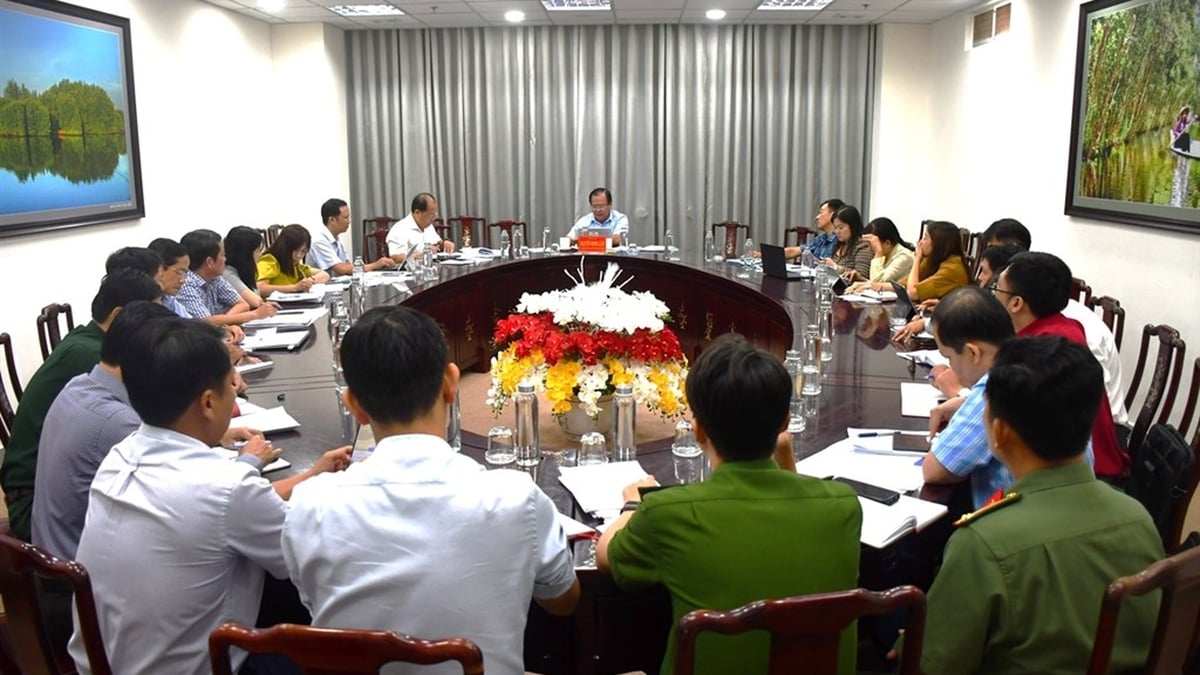
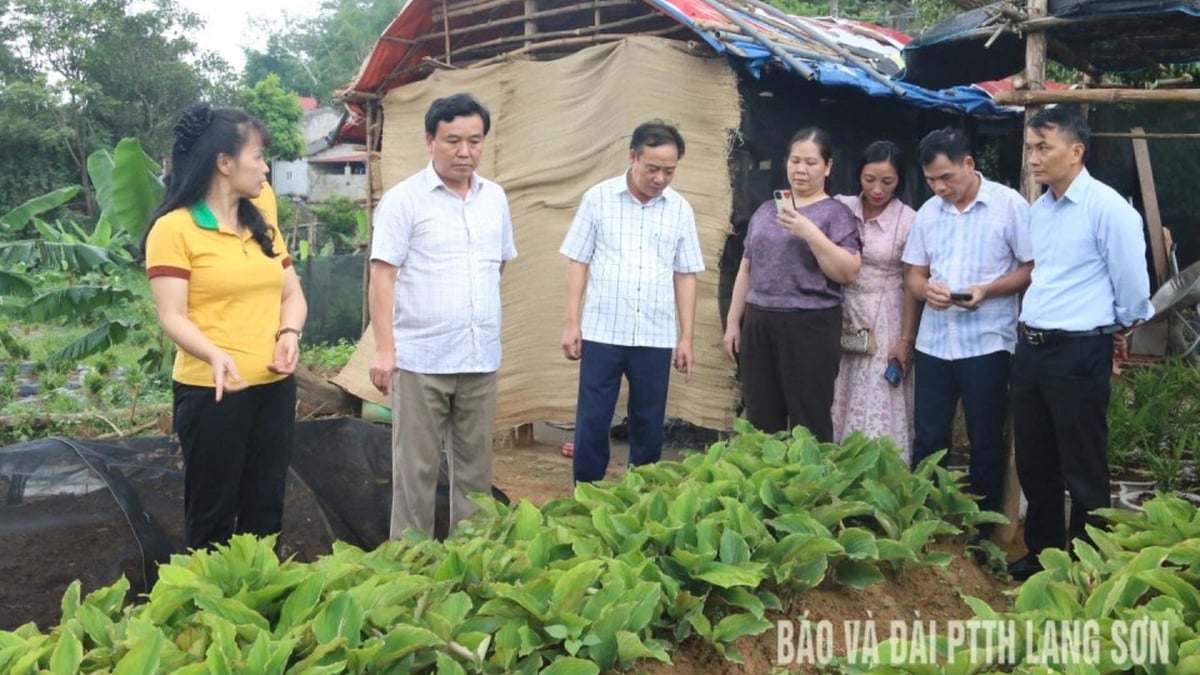



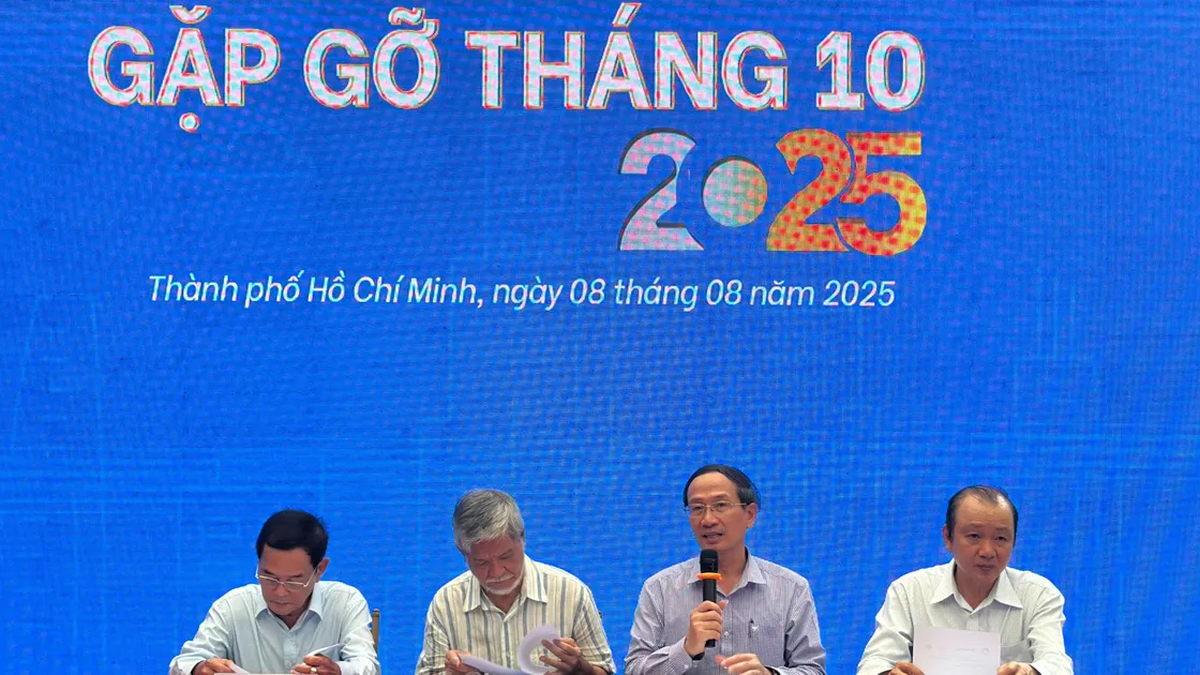



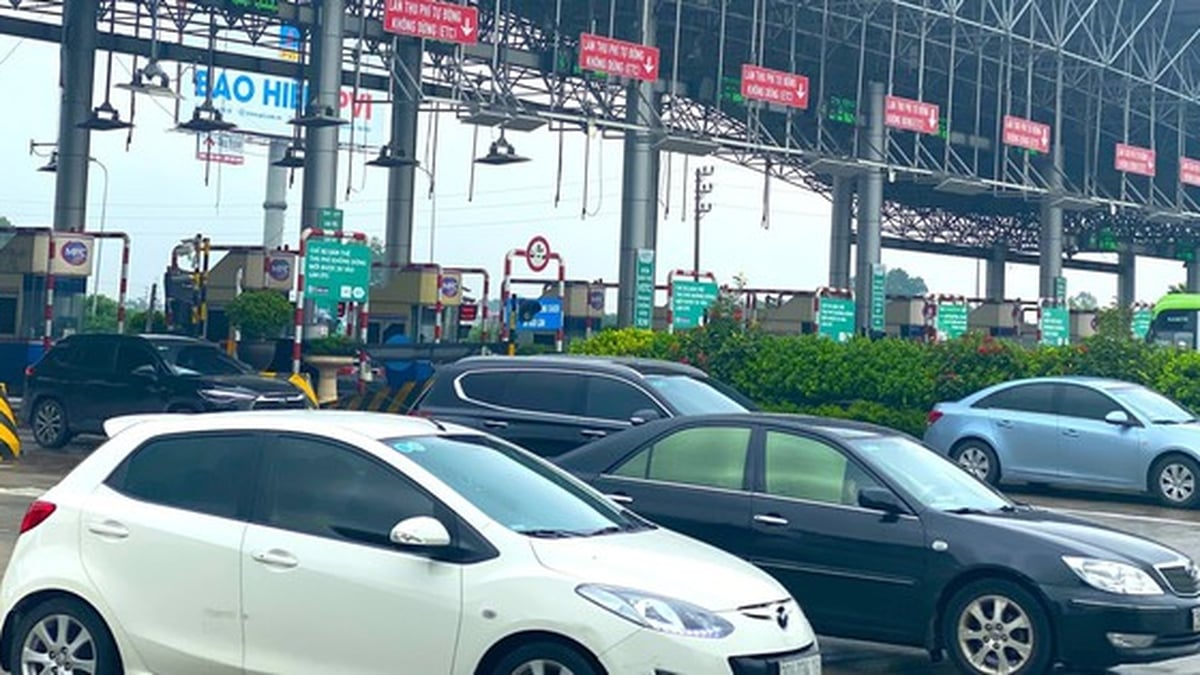










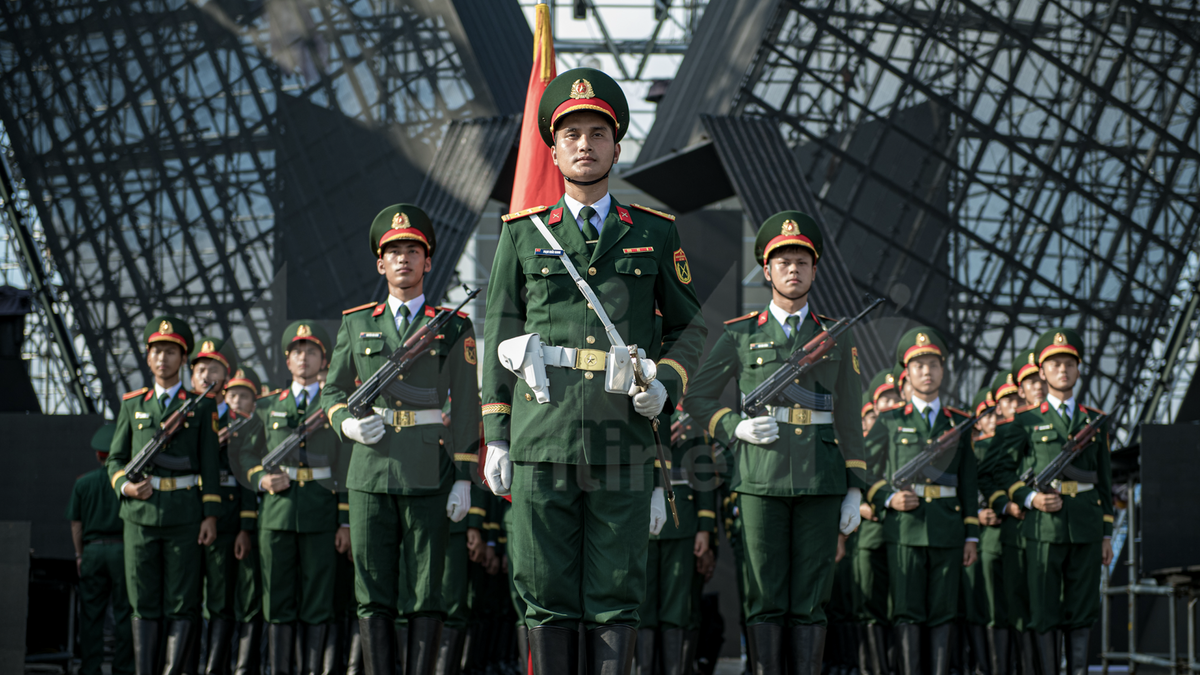
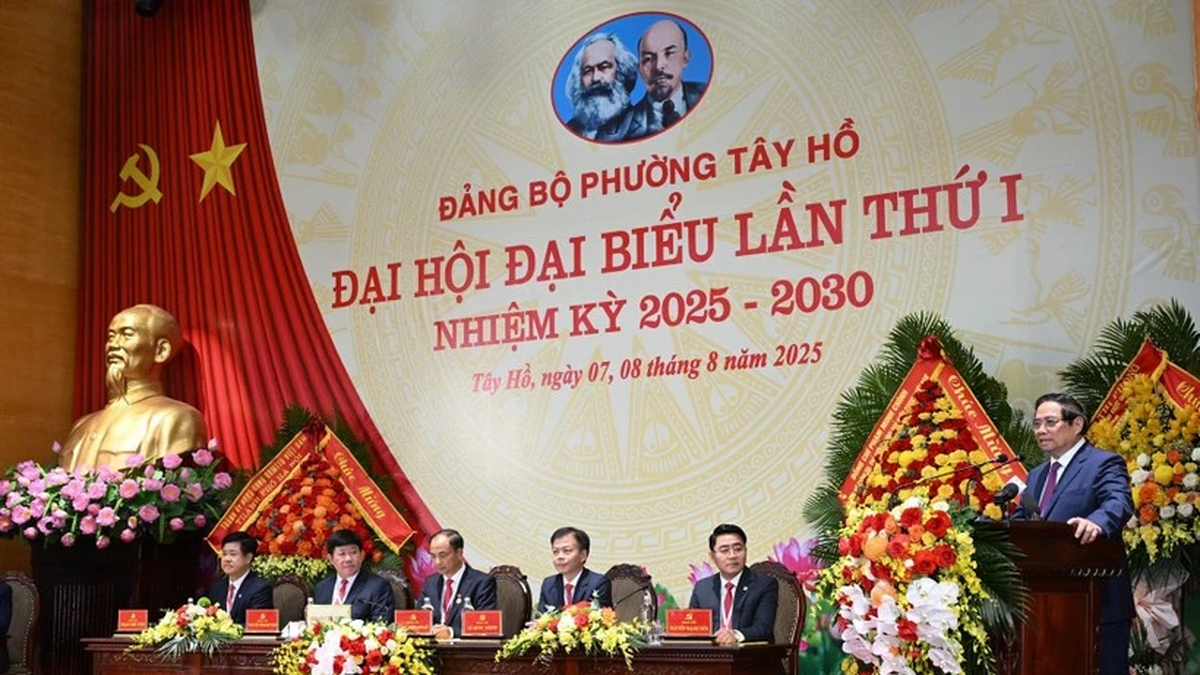

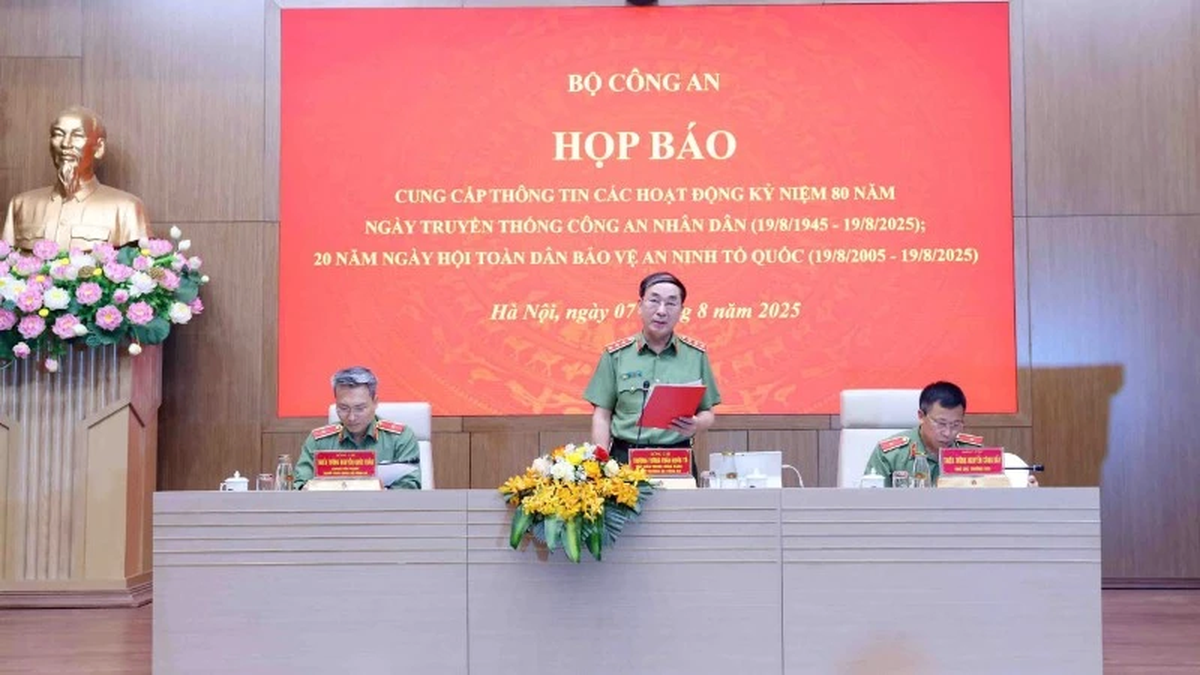
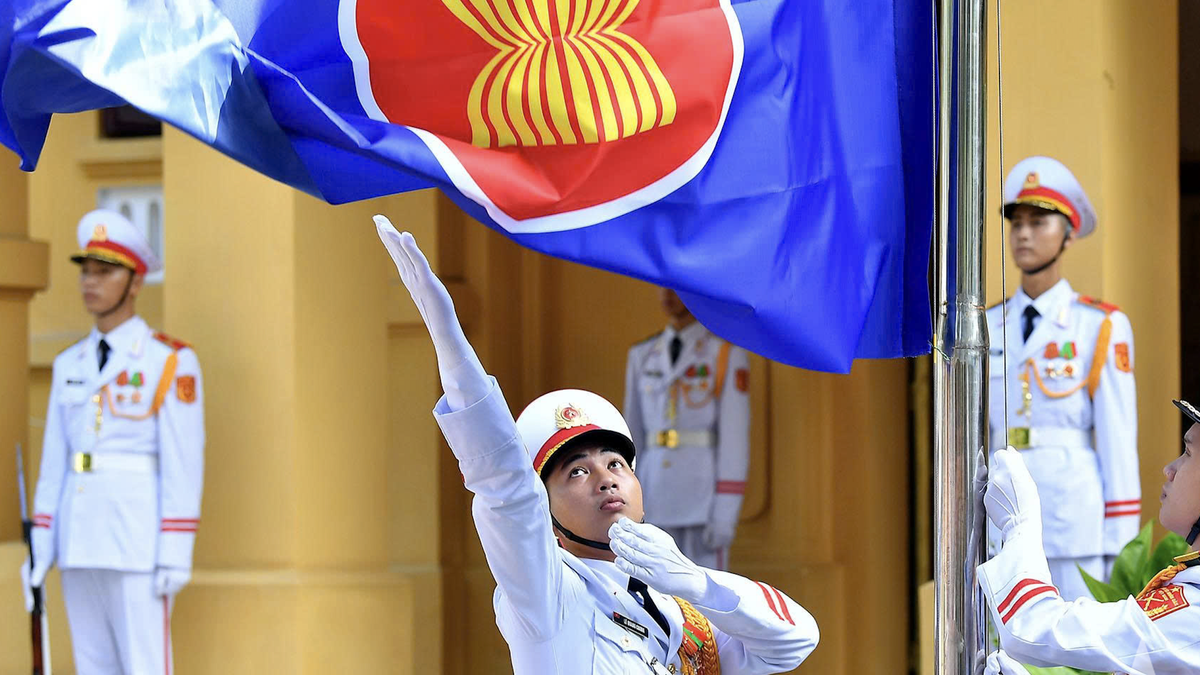
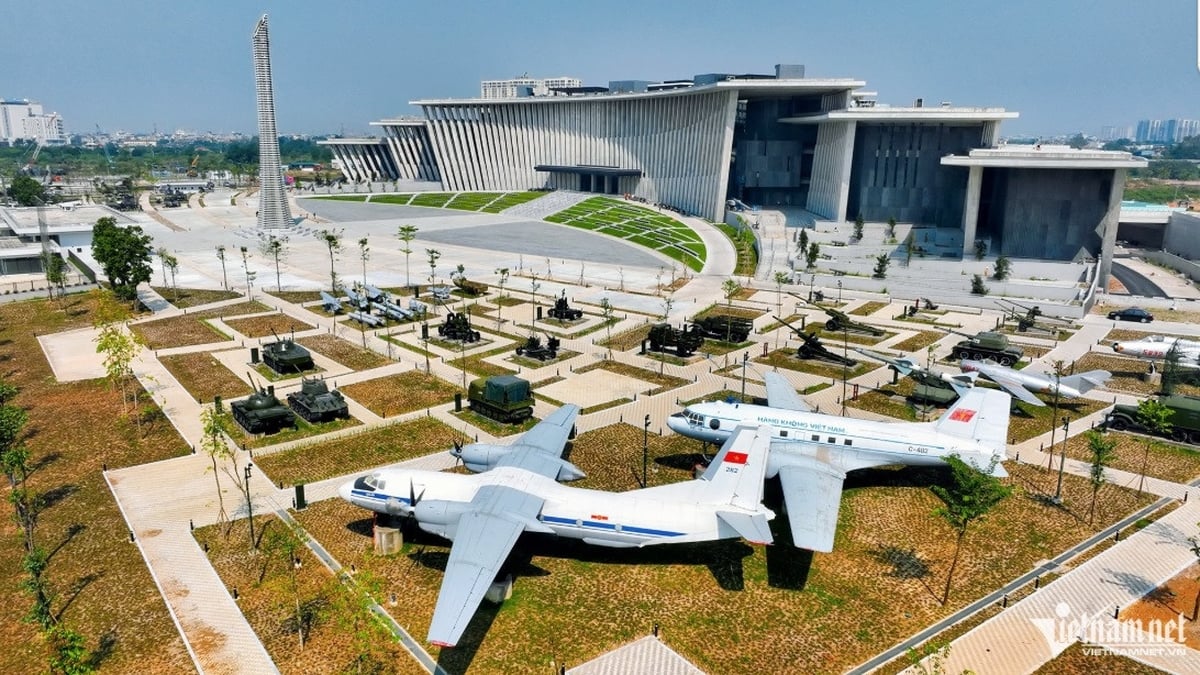

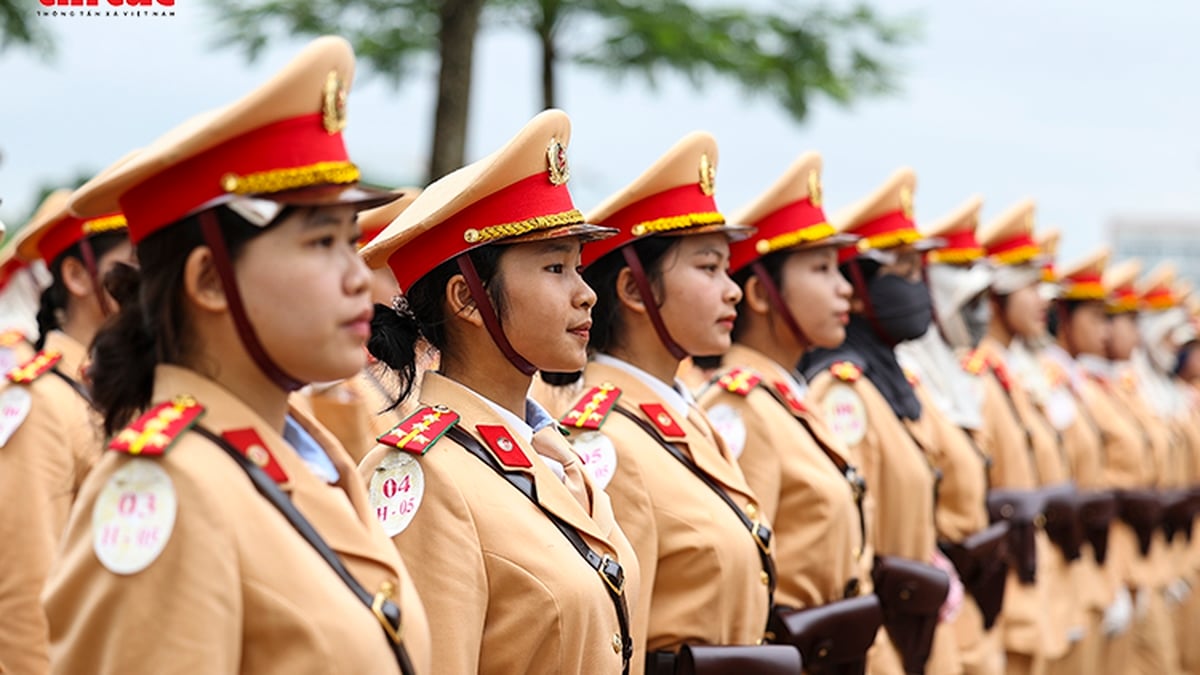

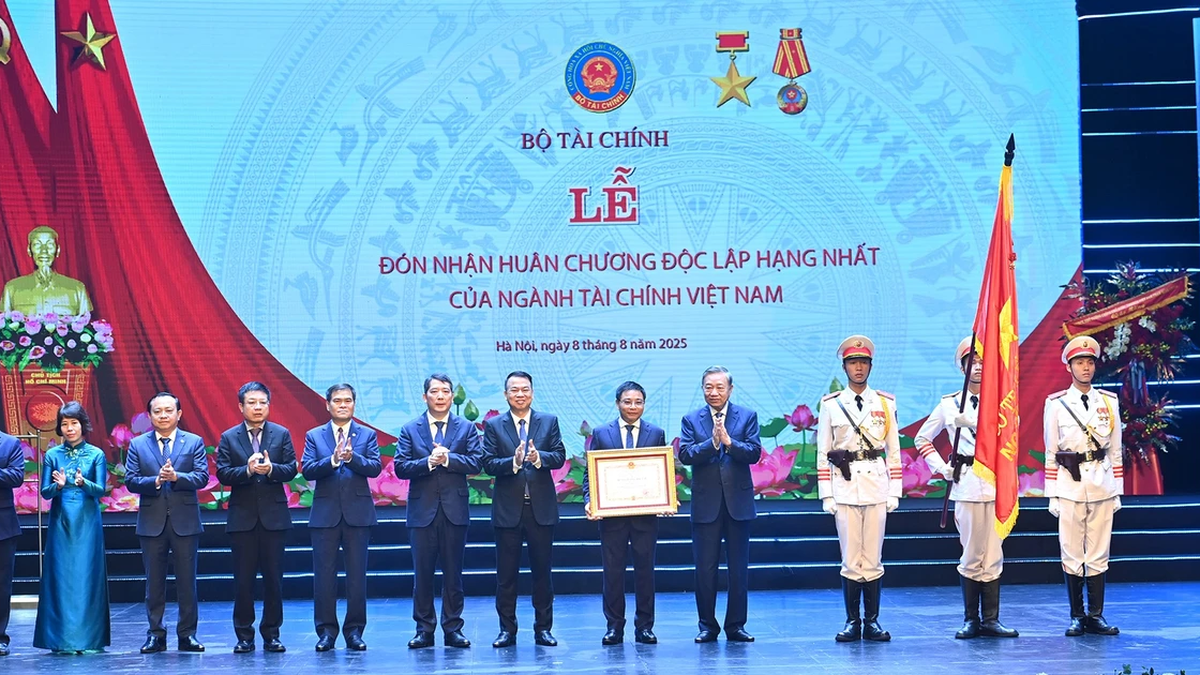




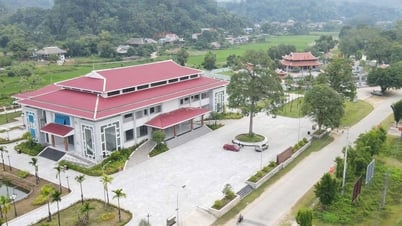







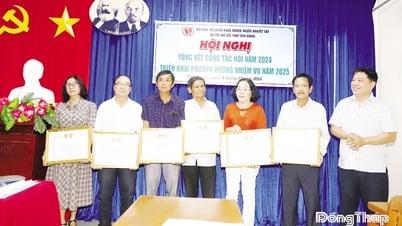



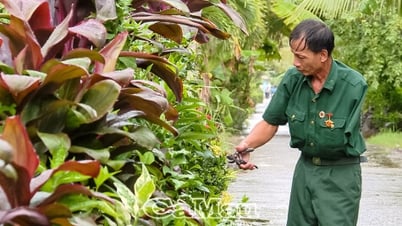












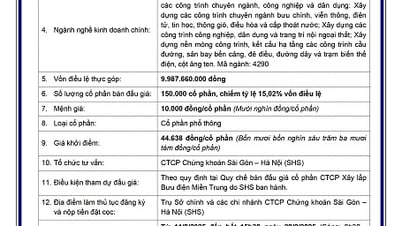
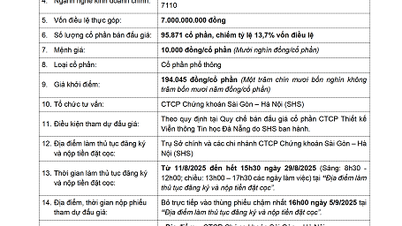

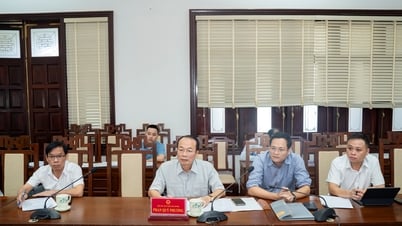
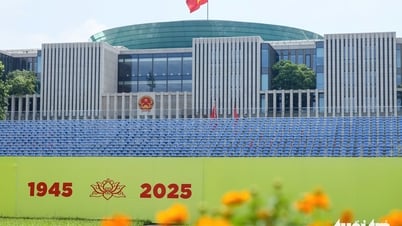




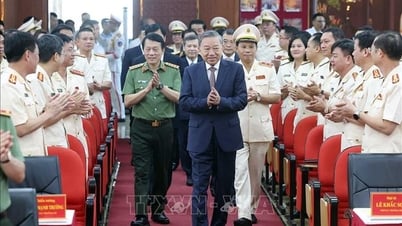


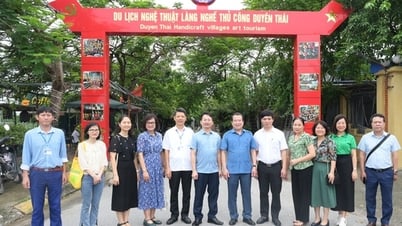
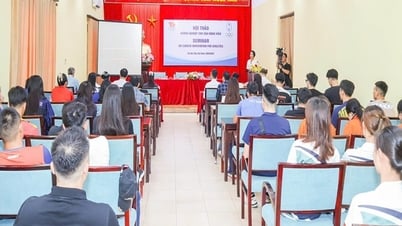
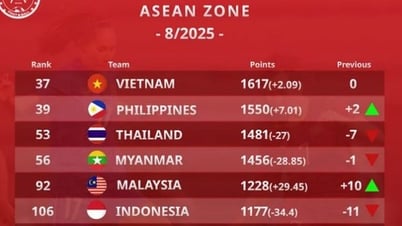

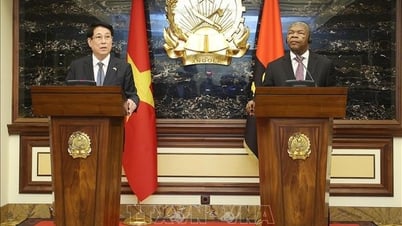

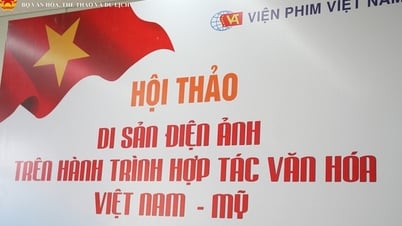






















Comment (0)